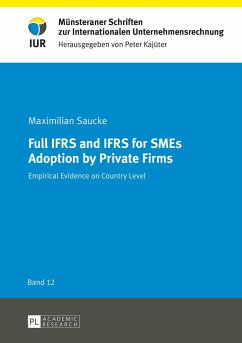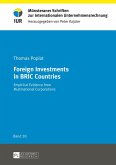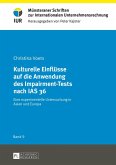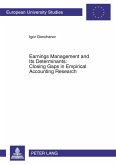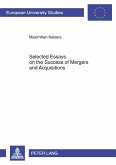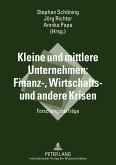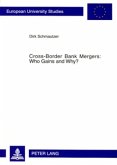The issuance of the International Financial Reporting Standard for Small and Medium-sized Entities (IFRS for SMEs) in July 2009 has mixed up the bipolar financial reporting landscape between Local Generally Accepted Accounting Principles (GAAPs) and Full IFRS by adding a third dimension to international GAAP choice. The study examines the characteristics and determinants of Full IFRS and IFRS for SMEs adoption by private firms in 110 countries. It finds empirical evidence for the continued existence of local versions of IFRS and the worldwide emergence of a two standard system. The findings also suggest that while Full IFRS adoption was mainly driven by network effects and political pressures, countries adopt the IFRS for SMEs notably due to cost-benefit considerations.
Bitte wählen Sie Ihr Anliegen aus.
Rechnungen
Retourenschein anfordern
Bestellstatus
Storno

